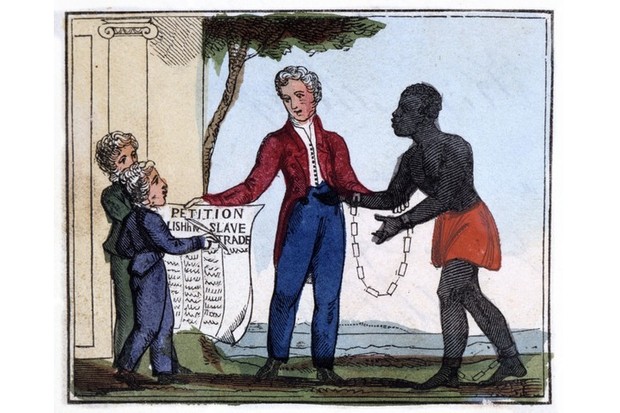
One curious thing that I have noticed in observations is how much people talk when they say they have nothing to say. An example is the phrase, ‘I am speechless’, which is obviously oxymoronic as they are speaking to say that they are speechless. What the phrase, ‘I am speechless’ actually means that they cannot think of anything to say and yet, instead of being speechless, they still speak. Why is that? Another thing I have noted is when people say, ‘that is not worth replying to’, seemingly unaware that they are, indeed, replying to the comment.
There are many more examples, most as banal and inane as these, but when one looks more closely then one can see these behaviours not only happening in the relative tedium of daily conversation but also, more concerningly, in the upper echelons of society. The most obvious example is the former US President Donald Trump who would sit in meetings being broadcast live and ask questions such as, ‘can the pandemic be ended by burying silver by moonlight’, to which the exasperated medical experts reply, ‘no, that’s for removing warts…’.
The old adage, very well known adage, that the wise speak because the have something to say and the fool because they have to say something, is true and great and created by some of the greatest minds that have ever lived, yet the problem with this quotation is that it does not go into the explanation as to why people tell you that they are speechless or that something is not worth replying to, when to be speechless or to deign something not worth replying to is best met by that- silence.
Over the last few months, we have gone on a journey in which we have seen that much of the bad behaviour in society, indeed some of the ‘unwritten’ laws, are built by insecurities. People feel insecure and so engage in bad behaviours with harmful consequences for them and others (just think of how gossip can be harmful to others and those gossiping in, for example, loss of reputation etc.) and as these behaviours are common, society accepts them as good behaviours and punishes those who are truly good. In relation to people expressing themselves, if only to say they have nothing to add, there can be very few reasons why they feel the need to do so. Before we assume that they must be bad reasons, let us look at positives. Often people are scared of silence and so, if someone speaks to you (as I have found out many times) and you have nothing to say in return, then they are made very uncomfortable by the lack of verbal response. As we know, the art of conversation is give and take and that is how not only conversations but also relationships grow so by one not responding can cause a breakdown in this process so to say, ‘I am speechless’, is to acknowledge the other and respond which the other often finds comforting, even if they think that they find the response unnecessary.
However, these are few and far between and often only take place in more intimate settings/contexts. Often this behaviour is done in public. Some of the reasons why are as follows
- The other person does not know how to respond as it is on an intellectual level above them and so responds with anger and frustration, mostly born out of an unconscious (and unadmitted) self-loathing (it is easier to blame and look down on others for that which we do not understand which the German philosopher Nietzsche beautifully articulates as, ‘The higher we soar, the smaller we appear to those below us’.)
- The other person feels that if they do not respond then they will be considered, or not considered at all, stupid and so respond in a manner which adds nothing as many fear what others think of them
- The other person needs attention and so attempts to draw attention to their self, albeit in a superficial manner
The list can go on, but it seems clear that the common thread which binds them together is an insecurity as to how they are perceived by others which shapes how they perceive themselves.
Whilst this is damaging to society as a whole, more immediate problems can come when those in ‘power’ speak and express themselves when what they say can have disastrous effects. How many problems in geopolitics are caused by people not being strong enough to say nothing? The threat of tariffs can cause economies to hover on the brink of collapse. An expressed lack of faith may cause the markets to crash, after all they are in reality as real as fairies, only existing as long as people believe in them. What people don’t seem to realise is that words have consequences (as do silences at inappropriate times) and as the great French writer Marcel Proust noted cruelty in not knowing or caring how our actions affect others and so a simple insecurity which manifests itself in a need to express oneself can lead to cataclysmic outcomes both personal and in terms of the world in which we live.
‘till next time



